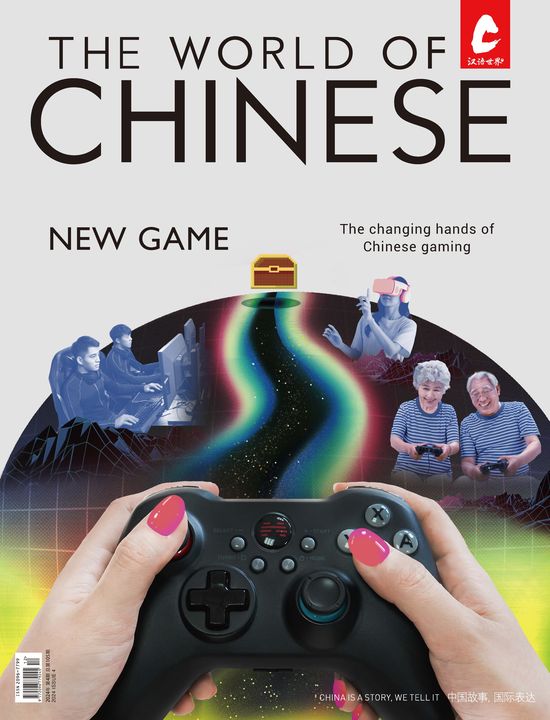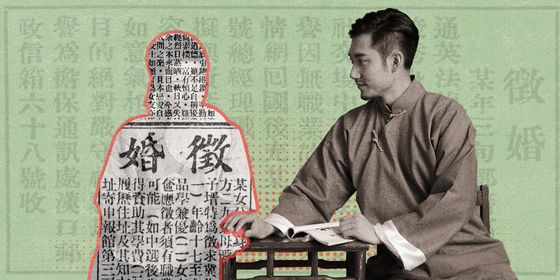Dubious online “relationship courses” prey on desperate consumers
Last September, after a divorce, Liu Yin (pseudonym) paid 5,800 RMB to an app named “Xiaolu Romance,” which advertised a 98 percent success rate in fixing broken relationships. Two months later, having received nothing but a few photos of her ex from a relationship “mentor” and requests for more payment, Liu realized she had been conned.
Liu is not the only victim to fall prey to recent relationship counseling swindles on the internet. On Jutousu, a government-supported online consumer complaint platform, there are 521 entries on Xiaolu Romance, half of which accused the organization of false advertising and using unfair contracts. “They just catch your most vulnerable moment, and make you pay,” Wan Wei, a family lawyer from Hunan province, told the Chongqing Morning News, adding that the service also perpetuated sexism by exclusively targeting women to teach them “how to win back a man’s heart.”
Statistics from the Ministry of Civil Affairs show that the divorce rate in China has been increasing over the last 15 years, and the nation faces unprecedented challenges in family stability. According to a 2017 report by the Marriage and Family website, there is an estimated shortage of over 600,000 marriage and family counselors in China, compared to an international average of one counselor per thousand families. This shortage of professionals leads to a huge market in informal counseling via mobile apps, e-commerce platforms, livestreaming channels, and social media—but there is no guarantee of success.
In 2019, reports Legal Daily, a woman surnamed Yan from Hubei province bought an “exclusive romance course” from Pinecone Listening app for 3,800 RMB, only to receive a few videos suggesting that she change her hairstyle, buy some new clothes, and “manage [her] emotions.” A man surnamed Hu from Jilin province spent 580 RMB in exchange for a few telephone consultations, during which a representative gave him some generic advice, then urged him to pay for “upgrade services” because his particular relationship problems were “too hard to solve.”
The lack of a unified qualification system for psychological consultants in China is believed to underlie this market disorder. Chen Xingxing, secretary of the Jiangsu Lawyers Association, tells Legal Daily that most online relationship-fixing services operate in the name of psychological consulting, but the national qualifying exam for psychological consultants was cancelled by the Ministry of Human Resources and Social Security in September 2017. Thus, anyone may call themselves a “registered consultant” online, and back up their claim with multifarious certificates that lack authority—if they even exist at all.
Even when it comes to offline relationship counseling, consumers should be prepared to invest in quality services, and be wary of “magic bullet” solutions, concludes Legal Daily. “Experts warn consumers that intimate relationships like romance or marriage need time, and repairing them is a complicated, scientific process. Any ‘relationship consulting service’ advertising ‘verbal tricks’ or ‘secret recipes’…is not to be trusted.”
Lost Romance is a story from our issue, “Grape Expectations.” To read the entire issue, become a subscriber and receive the full magazine.












